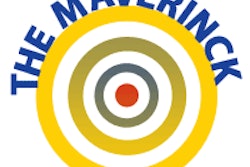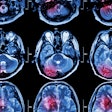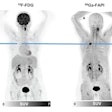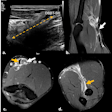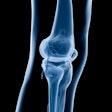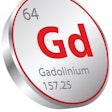Clinical trials on contrast agents and other products conducted during the Cold War period in the former East Germany were not always performed with the full knowledge or understanding of participants, according to a paper published online in the BMJ's Journal of Medical Ethics.
The country agreed to the trials because it was under the threat of bankruptcy, and Western pharmaceutical firms took advantage of the situation, researchers from the Institute for the History and Ethics of Medicine in Erlangen found.
Lead author Dr. Rainer Erices and colleagues found documents relating to 220 trials carried out between 1983 and 1990 involving more than 14,000 patients and 68 Western companies. There was no record of patient information forms or documentation regarding the provision of patient consent, according to the group. The studies tested a range of pharmaceuticals such as contrast and chemotherapeutic agents, insulin, heparin, and antidepressants and antiallergy drugs (J Med Ethics, 23 October 2014).
Between 1983 and 1990, the former East Germany received approximately 16.5 million German marks (about 8.4 million euros) for the clinical trials, Erices' team wrote.
The files the researchers studied suggested the country attempted to conduct trials according to international ethical standards, but that the trials were performed without the knowledge of the public -- and at least some of them were done without patients realizing they were trials, according to the group.




